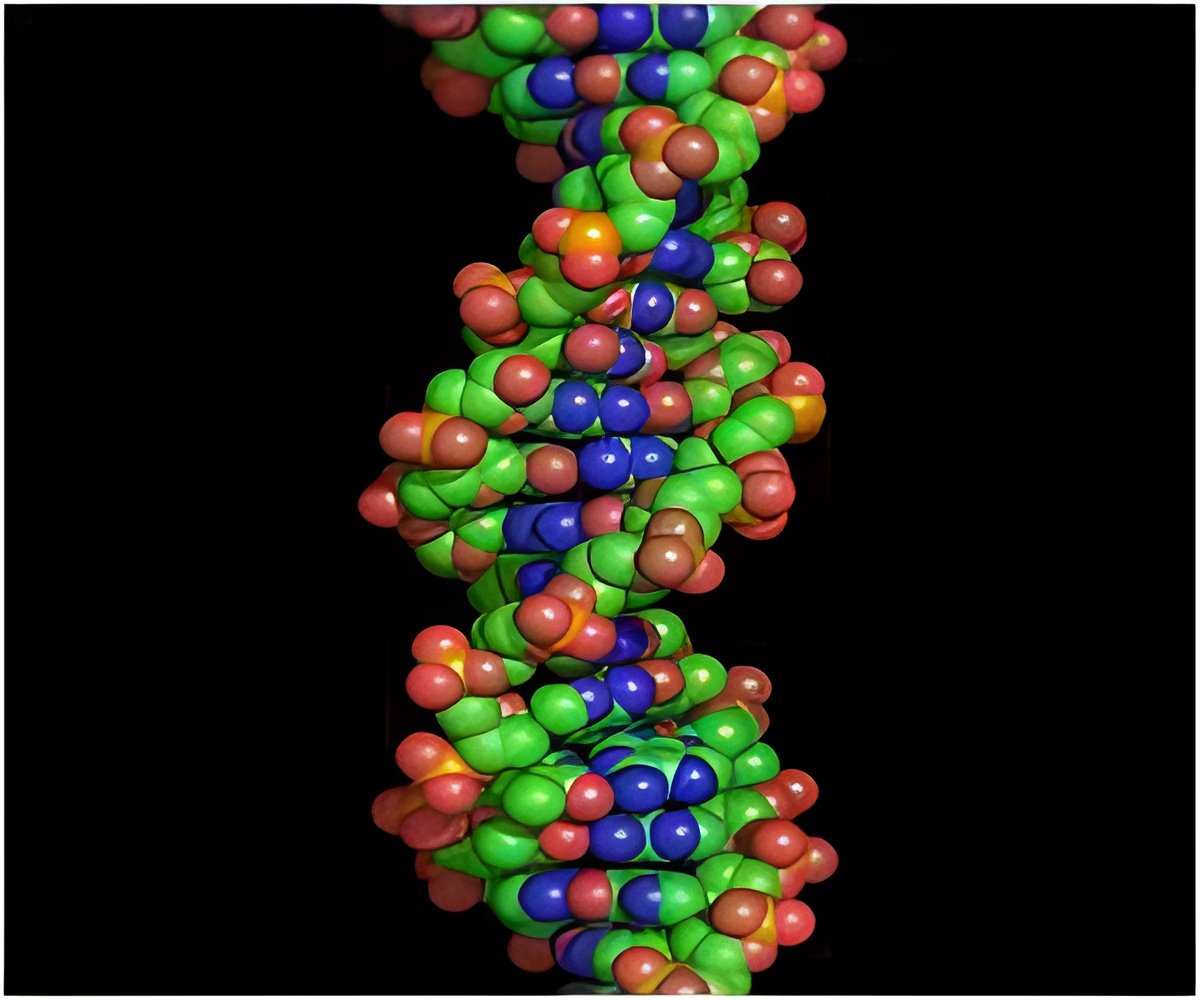In a new study, scientists have discovered an entirely new way to change the genetic code, by which the course of devastating genetic disorders can be altered.

The genetic code is the set of instructions in a gene that tell a cell how to make a specific protein.
Central to the body's protein production process is messenger RNA, or mRNA, which takes these instructions from DNA and directs the steps necessary to build a protein.
For the first time, researchers artificially modified messenger RNA, and in doing so changed the original instructions for creating the protein. The end result: A different protein than originally called for.
"The ability to manipulate the production of a protein from a particular gene is the new miracle of modern medicine," Robert Bambara, Ph.D., chair of the Department of Biochemistry and Biophysics at the University of Rochester Medical Center, said.
"This is a really powerful concept that can be used to try to suppress the tendency of individuals to get certain debilitating, and sometimes fatal genetic diseases that will forever change their lives," he said.
Advertisement
A premature stop codon orders a cell to stop reading the genetic instructions partway through the process, resulting in the creation of an incomplete, shortened protein.
Advertisement
"This is a very exciting finding," Yi-Tao Yu, Ph.D., lead study author and associate professor of Biochemistry and Biophysics at the Medical Center, said.
"No one ever imagined that you could alter a stop codon the way we have and allow translation to continue uninterrupted like it was never there in the first place," Yu added.
The study has been published in the journal Nature.
Source-ANI










